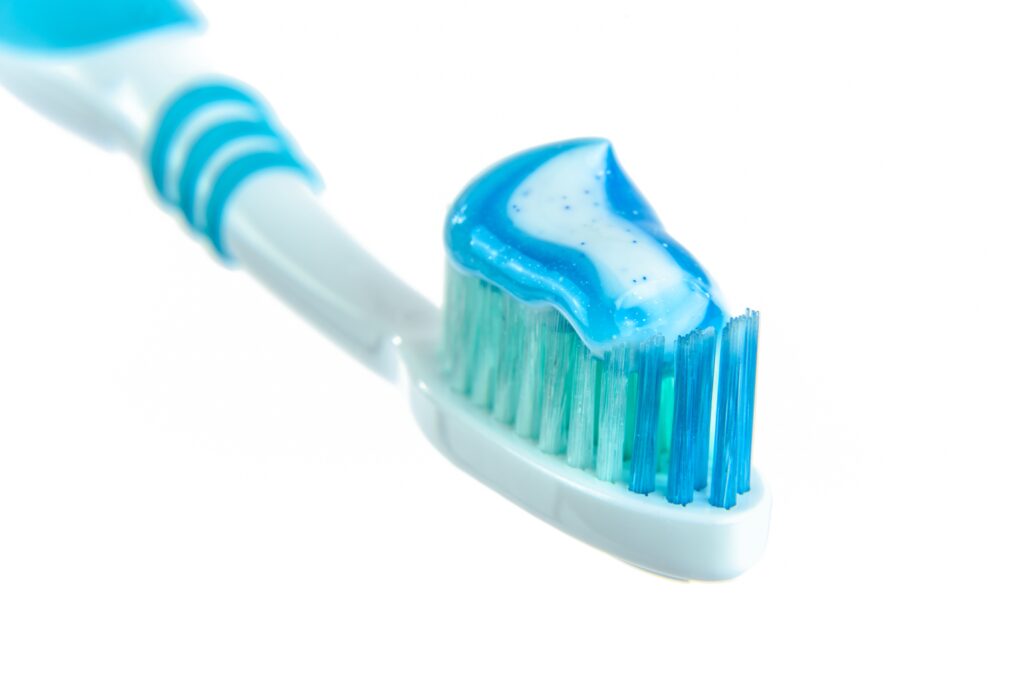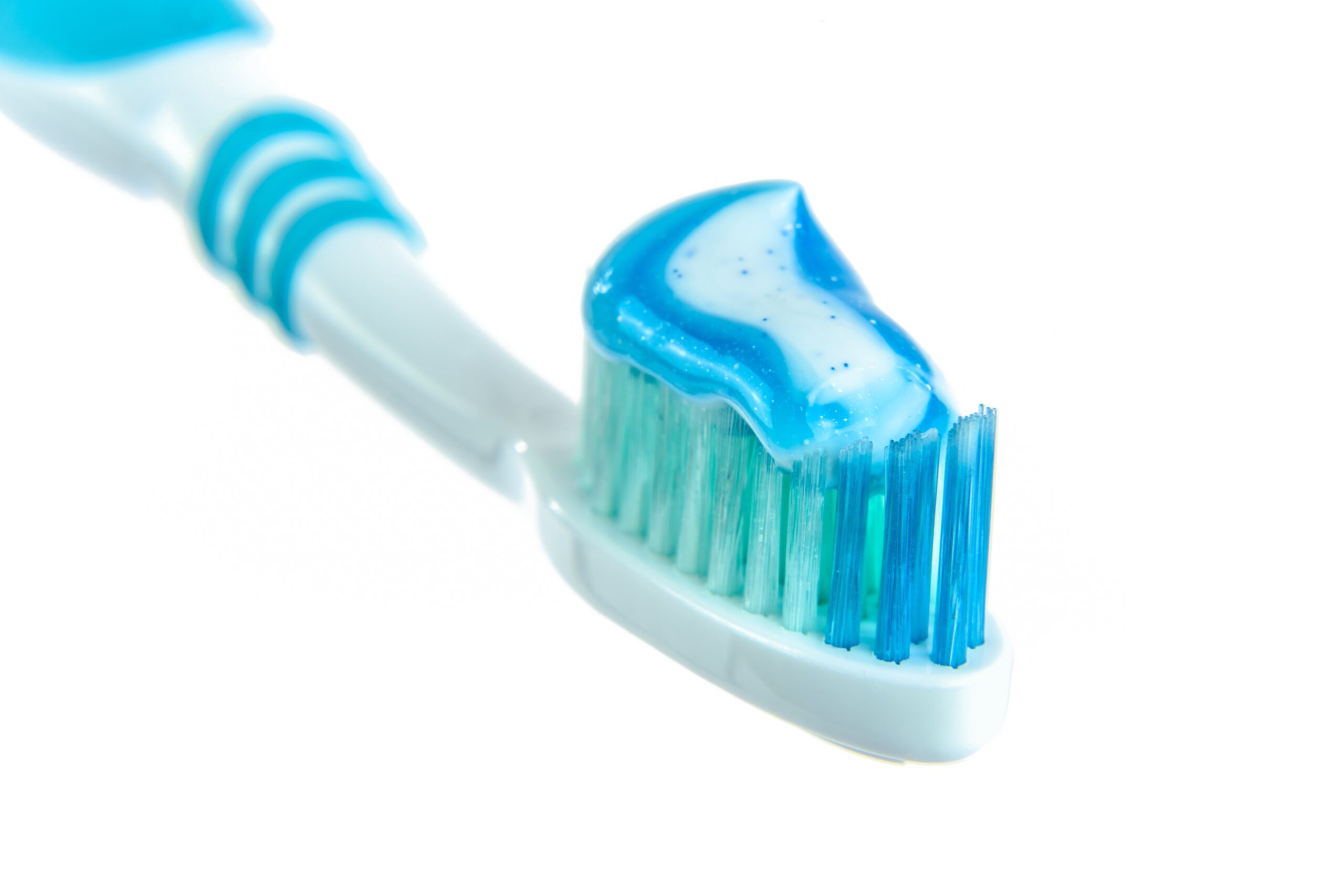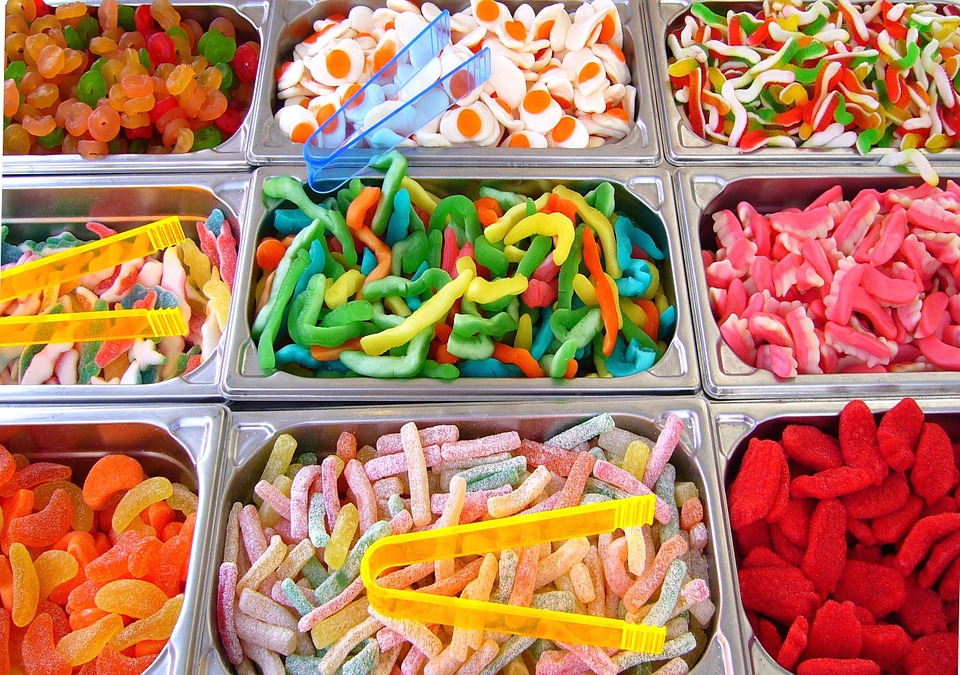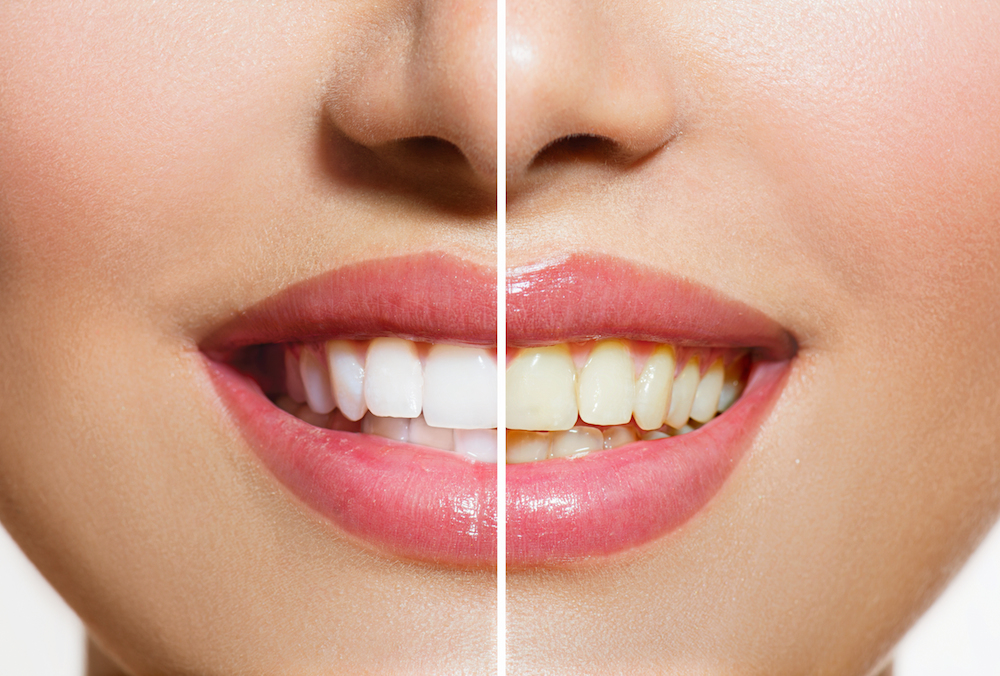
Toothpaste does a great job of cleaning teeth, but there are many other uses for toothpaste that you might not expect. The same ingredients that help polish our teeth can also soothe some common ailments, make items sparkle, and get rid of stains and pungent smells. Read these tricks on how toothpaste can do much more than leave your smile looking bright.
Relieve irritation from bee stings and insect bites. Apply a small amount of toothpaste to the sting/bite to stop the itching and decrease any swelling. The toothpaste dries up the wound and helps it heal faster.
Remove crayon and other marks from painted walls. Rub a damp cloth with toothpaste gently on the marked-up wall and watch the marks disappear. The best part is that it won’t remove the paint off the walls.
Prevent mirrors from fogging. Rub toothpaste on the mirrors and wipe it off before your next shower. This will help you save time during your morning routine by not waiting for the mirror to clear up.
Remove scuffs from dirty shoes. Apply toothpaste directly to the dirty or scuffed area, then scrub with a brush and wipe clean. Stubborn stains may require additional toothpaste or multiple applications to remove completely.
Make silver jewelry and diamonds sparkle. Rub toothpaste onto jewelry and leave overnight. Wipe clean with a soft cloth in the morning. You can also shine diamonds by gently scrubbing them using a toothbrush, toothpaste and water.
Remove scratches on DVDs and CDs. This technique works well on only shallow scratches and smudges. Apply a thin coating of toothpaste to the disc, rub gently and rinse clean. Repeat the process if there are many scratches.
Decrease the size of a pimple. Apply toothpaste to the affected area at night before bed and wash it off in the morning. Toothpaste will dry out the area and speed up the healing process.
Deodorize hands. Pungent foods, cleaning products and fragrances can linger on your hands no matter how many times you wash them. Try washing your hands using a small dab of toothpaste in addition to soap and water.
Fill in small nail holes in walls. Squeeze toothpaste into the hole and use a putty knife to remove excess toothpaste. Let the toothpaste dry and your wall will look good as new. If needed, you can also touch up the paint.
At your next dental appointment, be sure to tell our team how you decided to use toothpaste other than for your teeth!


















